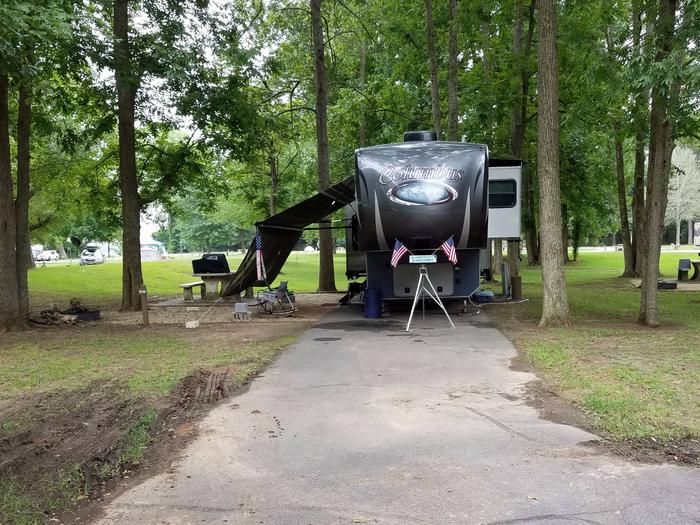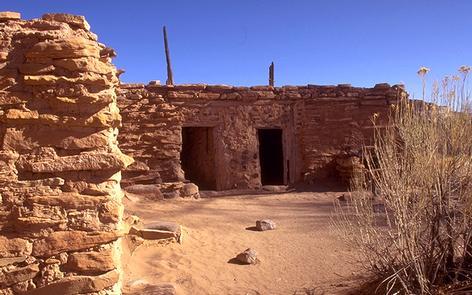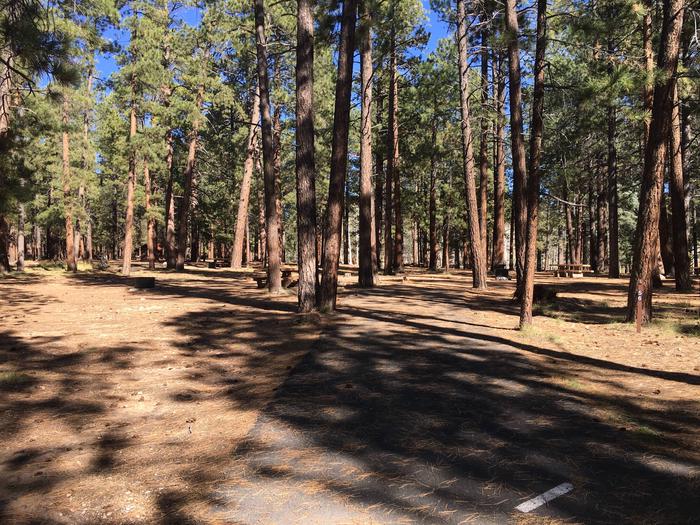Directions
The BLM’s Red Mountain unit is 75 miles south of Eureka, California and three miles northeast of Leggett, California. The Cahto Peak unit is 100 miles south of Eureka, California and 10 miles west of Laytonville, California. These two areas are bisected by U.S. Highway 101 and private lands.
The Red Mountain unit is accessed by traveling U.S. Highway 101 to Piercy and then the frontage road to Red Mountain Access Road. Travel to the end of Red Mountain Access Road. The wilderness area is upslope several hundred meters; however, there is no developed trail or identifying markers along the permanent exclusive easement that passes through private property.
Access to the Cahto Peak unit is from U.S. Highway 101 at Laytonville, west on Branscomb Road, then right on Cahto Peak Road to its end.
Legal access to the Red Mountain unit is along a public easement that passes through private property. This easement route has not yet been developed or otherwise marked. Private lands lie within the wilderness area. Please respect the owner and do not use these lands without permission.
Phone
707-825-2300
Activities
WILDERNESS
Camping Reservations
Reserve your campsite at these camping areas:
Hiking Trails
Looking for nice hiking areas to take a hike? Choose from these scenic hiking trails:
Related Link(s)
More California Recreation Areas
South Fork Eel River Wilderness
South Fork Eel River Wilderness Map
South Fork Eel River Wilderness
The South Fork Eel River Wilderness now contains a total of 12,867 acres and is managed by the Bureau of Land Management. All of the Wilderness is in the state of California. In 2006 the South Fork Eel River Wilderness became part of the now over 109 million acre National Wilderness Preservation System. In wilderness, you can enjoy challenging recreational activities and extraordinary opportunities for solitude. In an age of “…increasing population, accompanied by expanding settlement and growing mechanization,…” you play an important role in helping to “…secure for the American people of present and future generations the benefits of an enduring resource of wilderness” as called for by Congress in the Wilderness Act of 1964. Please follow the regulations in place for this area, and use Leave No Trace techniques when visiting to ensure protection of its unique natural and experiential qualities.
How to follow the seven standard Leave No Trace principles differs in different parts of the country (desert vs. Rocky Mountains). Click on any of the principles listed below to learn more about how they apply.
Leave No Trace principles:
- Plan Ahead and Prepare
- Travel and Camp on Durable Surfaces
- Dispose of Waste Properly
- Leave What You Find
- Minimize Campfire Impacts
- Respect Wildlife
- Be Considerate of Other Visitors
Regulations:
Motorized equipment and equipment used for mechanical transport are generally prohibited on all federal lands designated as wilderness. This includes the use of motor vehicles (including OHVs), motorboats, motorized equipment, bicycles, hang gliders, wagons, carts, portage wheels, and the landing of aircraft including helicopters, unless provided for in specific legislation. In a few areas some exceptions allowing the use of motorized equipment or mechanical transport are described in the special regulations in effect for a specific area. Contact the agency for more information about regulations.





